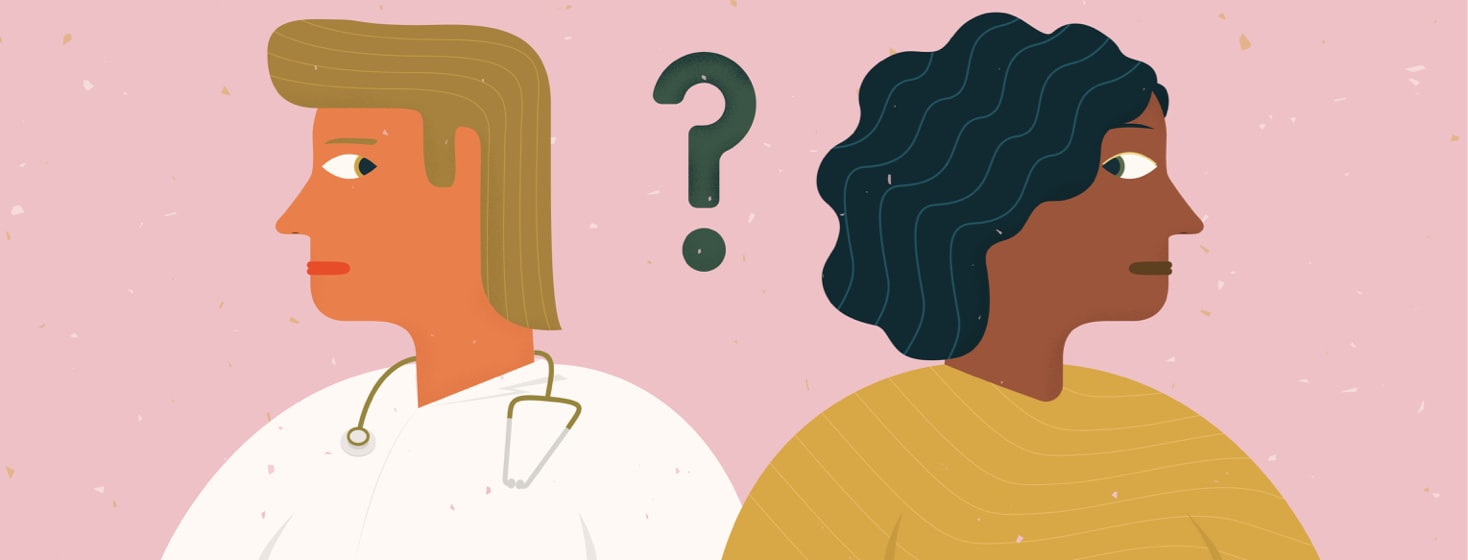Should You See an Oncologist?
At just 24 years old, I found myself hearing the news “you have melanoma.” The PA that took a biopsy of my mole genuinely thought it wouldn’t be anything concerning and I could hear the surprise in her voice when she broke the news to me over the phone. She told me she’d be sending referrals for a plastic surgeon and a surgical oncologist so I could get my next steps lined up.
Building a team of skin cancer professionals
My first step after I got my biopsy results was to find a plastic surgeon to do my wide-local excision (WLE) surgery. They told me that due to the size of my tumor, they’d need to take out 2 centimeters all around my melanoma site and 2 centimeters deep to ensure they’re getting clear margins. I imagined it as sort of an ice cream scoop that was taken out of the back of my shoulder. But prior to my WLE, I needed to do a sentinel lymph node biopsy (SNLB) to ensure the melanoma hadn’t spread to my lymph nodes and/or other parts of my body. So next, I lined up an appointment with a surgical oncologist. All of a sudden I found myself at the center of this team of doctors, all willing to work me into their schedule to get this done as soon as possible. I didn’t have a defined stage of my melanoma yet because it went to the base of the biopsy. I had to do the SLNB and the WLE in order to figure out just how serious this was.
Getting some good news
I had my SLNB and got the all-clear from the doctor. This was the best news yet since I was told I had melanoma. This meant that my melanoma was contained to a local area and hadn’t spread quite yet. Up next was the big surgery to see just how large the tumor was. After I did my WLE surgery, I was left with what I call a shark bite looking scar on my shoulder. IT WAS HUGE! Pathology reports show there was no sign of melanoma in what they took out of my shoulder, so this meant that based on the size of the original tumor in my shave biopsy, I was stage 2A.
Adding an oncologist to the team
Now that I had a history of melanoma, seeing a dermatologist very frequently was an obvious no-brainer. I started going every 3 months for the first 2 years, then I graduated to every 4 months. After 5 years no other melanoma sites, I graduated to every 6 months! Due to the original staging of my melanoma, I also added an oncologist to my professional team. I saw her every 6 months and she did bloodwork and kept an eye on a nodule in my lungs with a chest x-ray. To be honest, I thought these appointments were overkill since I had skin cancer, but I realized that these appointments with my oncologist likely saved my life later on.
And then my melanoma metastasized
It was exactly 5 years from my WLE that I had a follow up appointment with my oncologist. I had been seeing a dermatologist religiously and performing self-checks at home. My blood work always looked good and I had no signs of recurrence. Except for a small lump near my groin area - almost like a swollen lymph node. I showed this to my oncologist while I was there and she immediately ordered a PET scan and a biopsy of it. These later revealed that my melanoma had metastasized.
Should I see an oncologist for skin cancer?
I found a handful of melanoma warriors my age and all of our stories are similar. We were originally diagnosed with stage I or II melanoma earlier in life and followed the proper protocols. After some time had passed, we found out our melanoma had spread in other parts of our body. It wasn’t that we had a mysterious mole that we neglected, but rather some microscopic cancer cells were dormant in our body for a significant amount of time and decided to pop back up underneath the skin. I believe that we need to better educate ourselves on what metastatic melanoma feels like and how to look for it. This information comes from an oncologist, not a dermatologist.
So if you’ve been diagnosed with melanoma, please consider adding an oncologist to your medical team. I am almost entirely certain that’s what saved my life.

Join the conversation